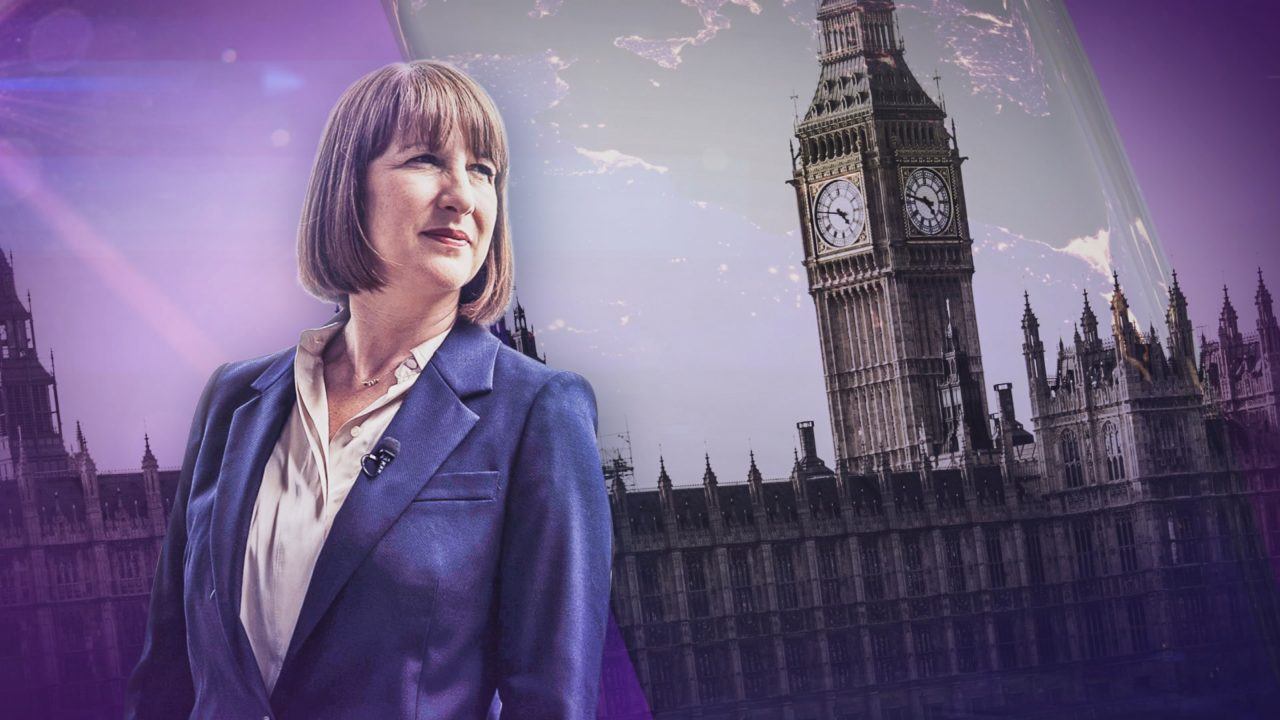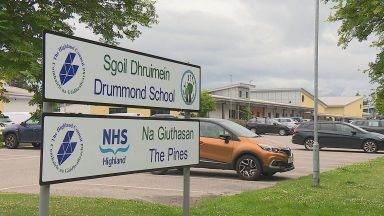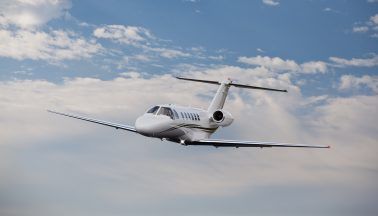Key Points
-
 The national minimum wage will increase by 6.7% to £12.21 an hour from next April
The national minimum wage will increase by 6.7% to £12.21 an hour from next April -
 Air passenger duty will rise, adding up to £2 to the cost of an economy ticket for a short-haul flight
Air passenger duty will rise, adding up to £2 to the cost of an economy ticket for a short-haul flight -
 There will be a £25bn tax rise for employers as national insurance contributions increase
There will be a £25bn tax rise for employers as national insurance contributions increase -
 A tax on vapes will be introduced in the UK
A tax on vapes will be introduced in the UK -
 Draught duty on alcoholic drinks will fall by 1.7%, meaning ‘a penny off a pint in the pub’
Draught duty on alcoholic drinks will fall by 1.7%, meaning ‘a penny off a pint in the pub’ -
 Personal tax thresholds will be uprated in line with inflation between 2028 and 2029
Personal tax thresholds will be uprated in line with inflation between 2028 and 2029 -
 The winter fuel allowance will be means tested, meaning around ten million pensioners will lose out
The winter fuel allowance will be means tested, meaning around ten million pensioners will lose out -
 An increase to the windfall tax on oil and gas profits to 38%
An increase to the windfall tax on oil and gas profits to 38% -
 Privates schools will be taxed 20% as VAT exemption is scrapped
Privates schools will be taxed 20% as VAT exemption is scrapped
Rachel Reeves has unveiled tax rises worth £40bn in the first Budget delivered by a Labour chancellor for more than 14 years.
She claimed the scale of the public spending problems she inherited from the previous Conservative government were worse than previously thought.
STV News takes a look at some of the key measures outlined by Reeves in the House of Commons on Wednesday afternoon.
Personal taxes
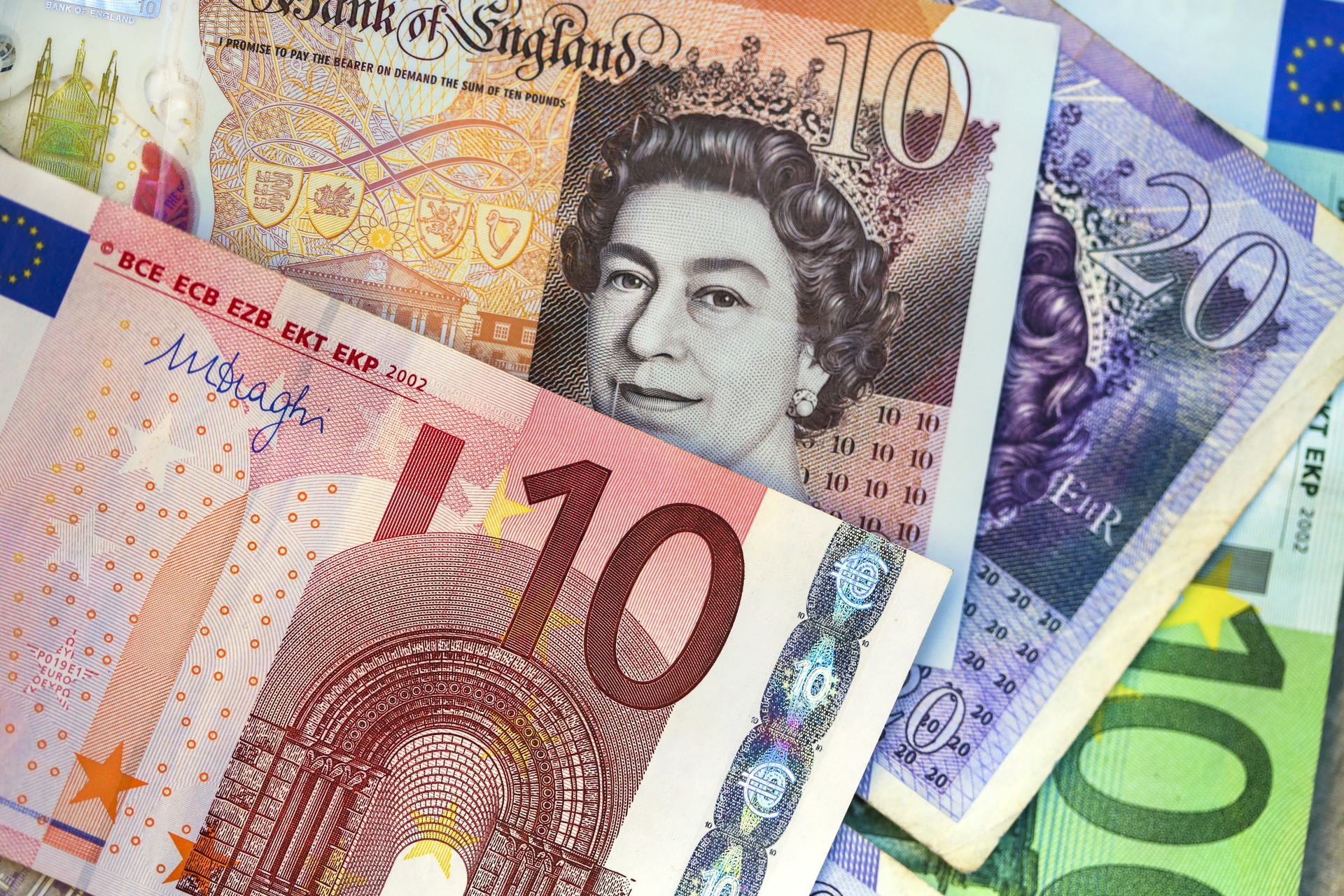 iStock
iStockThere will be no extension of the freeze on income tax thresholds and national insurance beyond the decisions made by the previous government.
That means personal tax thresholds will be uprated in line with inflation between 2028 and 2029.
The chancellor also announced a £2.5bn increase in capital gains tax by increasing the lower rate from 10% to 18% and the higher rate from 20% to 24%.
She also confirmed changes to inheritance tax, including bringing pension pots within the tax from April 2027, and reforms to agricultural and business property reliefs, raising a total of £2bn a year.
A freeze on inheritance tax thresholds was extended beyond 2028 to 2030.
Business taxes
 iStock
iStockReeves confirmed a raid on employers’ national insurance contributions, with higher rates and a lower starting threshold, raising £25.7 billion by 2029-30.
The rate will increase by 1.2 percentage points to 15% from April 2025, with payments starting when an employee earns £5,000, down from the current £9,100.
Employment allowance – which allows companies to reduce their national insurance liability – is to increase from £5,000 to £10,500.
Meanwhile, the rate of corporation tax – paid by businesses on taxable profits over £250,000 – will stay at 25% until the next election.
Flight taxes
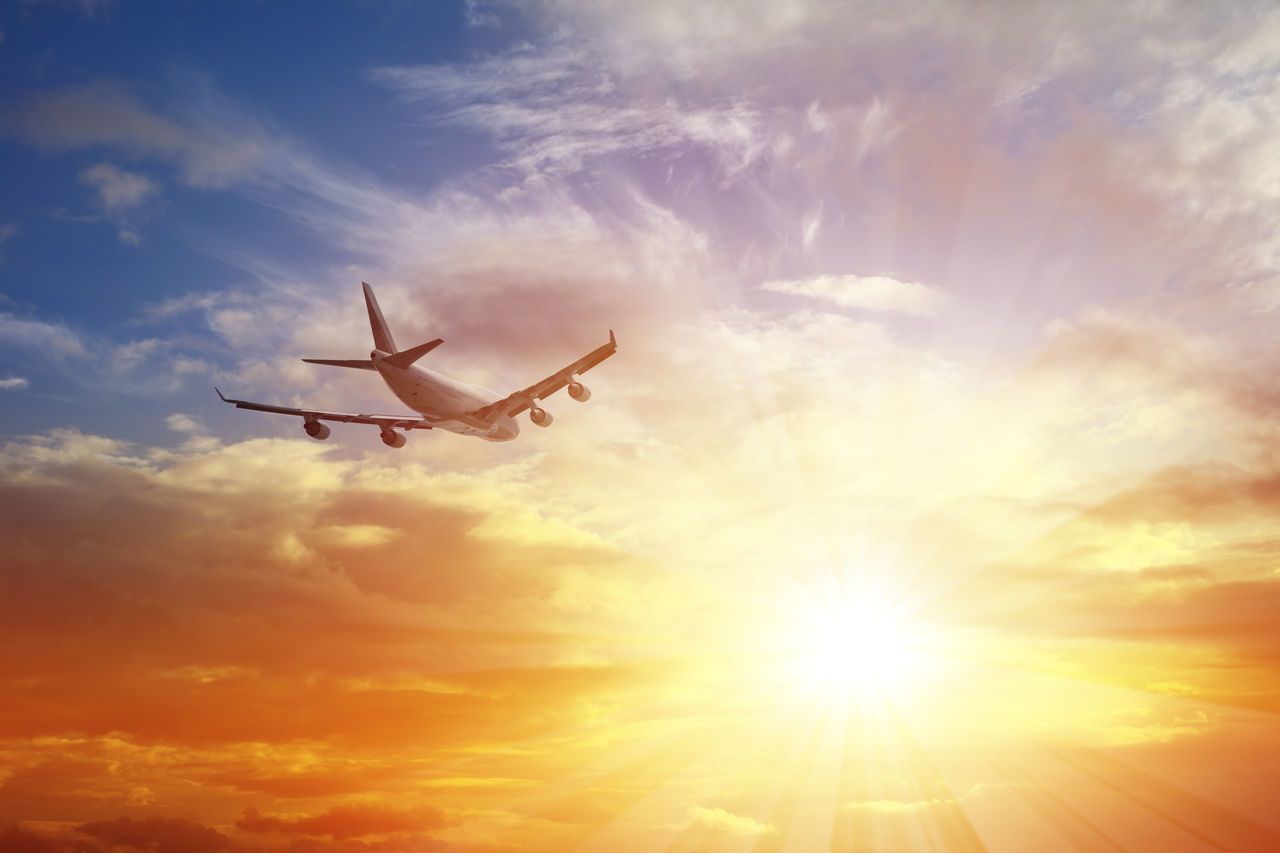 iStock
iStockAir passenger duty (APD) will rise, adding up to £2 to the cost of an economy ticket for a short-haul flight.
Private jet users will be hit by a 50% hike in APD.
For passengers travelling in economy, they are £7 for a domestic flight, £13 for a short-haul flight, and £88-£92 for a long-haul flight.
Those in premium cabins are charged £14 for a domestic flight, £26 for a short-haul flight, and £194-£202 for a long-haul flight.
Private jet passengers currently face an APD rate of £78 for domestic or short-haul flights, and £581-£607 for long-haul flights.
Minimum wage
The National Living Wage will increase by 6.7% to £12.21 an hour from next April.
The increase, recommended by the Low Pay Commission, marks the first step towards a single adult rate but still falls short of the £12.60 per hour UK living wage calculated by the Living Wage Foundation.
It’s estimated that over three million workers will receive the pay increase after an increase.
Vapes, alcohol, tobacco and transport
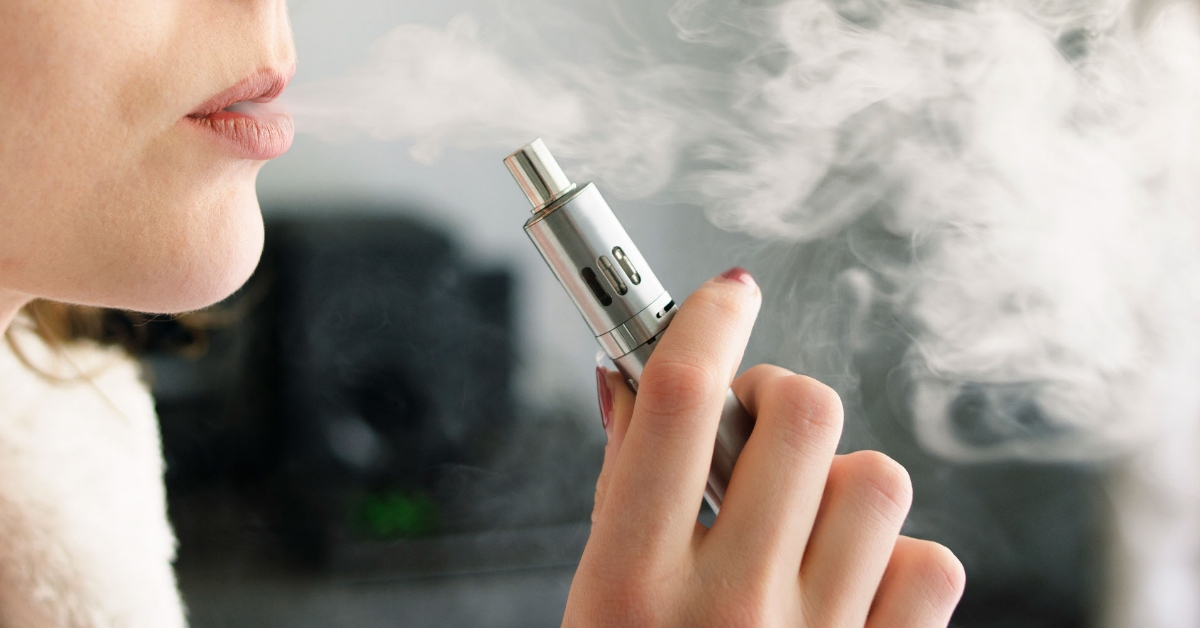 iStock
iStockA tax on vapes will be introduced in the UK, the chancellor has confirmed. A flat duty rate of £2.20 per 10ml of liquid will come into force on October 1, 2026.
The freeze on fuel duty on petrol and diesel, due to end in April 2025, will continue for another year – maintaining the existing 5p cut.
Until that cut, fuel duty had been frozen at 57.95p per litre since March 2011. VAT is charged at 20% on top of the total price of fuel.
The price of wine and spirits is to rise, but pints in pubs will cost a penny less under changes to duty on alcoholic drinks
Draught duty on alcoholic drinks will fall by 1.7%, meaning “a penny off a pint in the pub”.
But alcohol duty rates on non-draught products will increase in line with RPI from February next year.
The latest hikes to duty on wine and spirits follow increases in August last year that were the largest in almost 50 years, adding 20% to excise duty on more than 85% of all wines on the UK market and more than 10% to duty paid on full strength spirits.
Tax on tobacco to increase by 2% above inflation, and 10% above inflation for hand-rolling tobacco, in a bid to encourage people to give up smoking.
A “flat rate duty” on vaping liquid also will be introduced from October 2026.
Other Budget measures
 STV News
STV NewsThe winter fuel allowance will be means tested, meaning around 10 million pensioners will lose out on the tax-free payment – which is between £100-£300 – over the coming months.
The private school VAT exemption will be scrapped from January 1, which the government says will help pay for thousands more teachers at state schools.
An increase to the windfall tax on oil and gas profits to 38%.
Regions in Scotland and Northern Ireland will get new growth deals, and devolved nations will get the largest real-terms funding amount since devolution. Scotland will get an extra £3.4bn, Wales will get £1.7bn, and £1.5bn for Stormont in Northern Ireland.
The Government will set aside £11.8bn to compensate those affected by the infected blood scandal and £1.8bn to compensate victims of the Post Office Horizon scandal.
Follow STV News on WhatsApp
Scan the QR code on your mobile device for all the latest news from around the country


